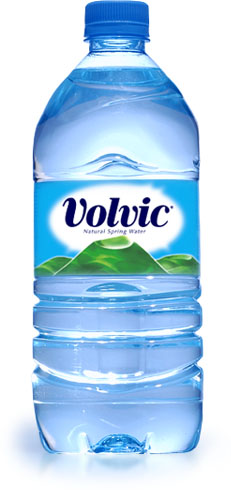If you could slip a harmless substance into your town's drinking water that would prevent people from getting high on cocaine, would you do it? A new discovery means this is no longer a hypothetical question.
Researchers have discovered a mutated version of a common bacterial enzyme called cocaine esterase can prevent cocaine addiction by breaking down the drug before it gets you high. Published in Journal of Pharmacology and Experimental Therapeutics last week, the study showed that coke-addicted rats given "double mutated cocaine esterase" (DM CocE) no longer pressed the buttons in their cages that normally dispensed a dose of coke.
Given how many problems coke and crack addiction cause - putting strains on health and human services, as well as ruining lives - is there an argument to be made that governments should start putting DM CocE in the water? Enhancing staple foods with healthy substances is nothing new. Bread companies add vitamins to their loaves, and in America, salt manufacturers often spike their wares with iodine because people here don't get enough iodine in their diets.
The DM CocE only works on cocaine, and it didn't prevent rats in the studies from getting addicted to other substances. Also, if somebody on DM CocE takes an extremely large amount of coke, they can still get high. But DM CocE, slipped into our water or McDonalds burgers, could cure thousands of crack cocaine addicts tomorrow. Would the social benefits be worth it?
Researchers have discovered a mutated version of a common bacterial enzyme called cocaine esterase can prevent cocaine addiction by breaking down the drug before it gets you high. Published in Journal of Pharmacology and Experimental Therapeutics last week, the study showed that coke-addicted rats given "double mutated cocaine esterase" (DM CocE) no longer pressed the buttons in their cages that normally dispensed a dose of coke.
Given how many problems coke and crack addiction cause - putting strains on health and human services, as well as ruining lives - is there an argument to be made that governments should start putting DM CocE in the water? Enhancing staple foods with healthy substances is nothing new. Bread companies add vitamins to their loaves, and in America, salt manufacturers often spike their wares with iodine because people here don't get enough iodine in their diets.
The DM CocE only works on cocaine, and it didn't prevent rats in the studies from getting addicted to other substances. Also, if somebody on DM CocE takes an extremely large amount of coke, they can still get high. But DM CocE, slipped into our water or McDonalds burgers, could cure thousands of crack cocaine addicts tomorrow. Would the social benefits be worth it?




Comment